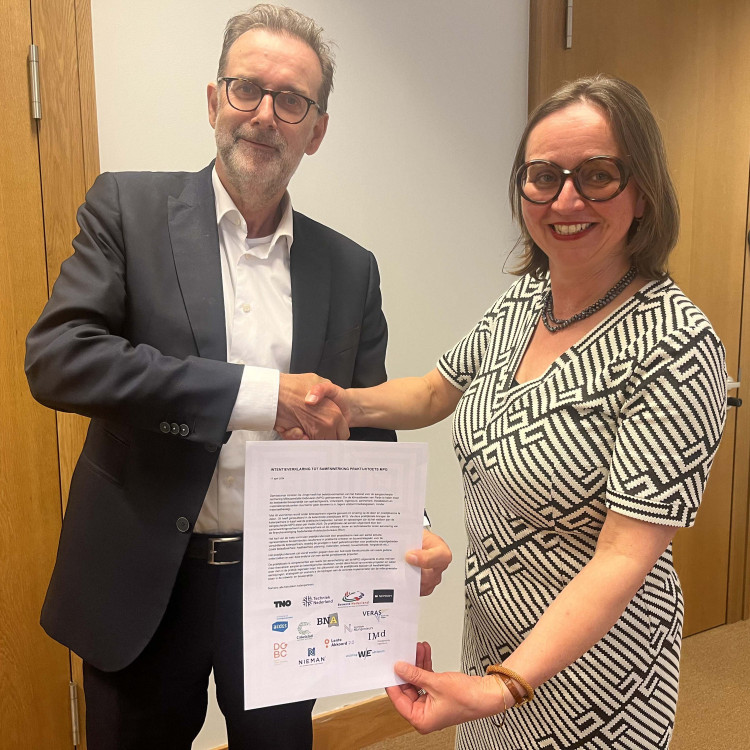FOR ENGLISH SCROLL DOWN
Dutch Green Building Council (DGBC) wil de CO2-uitstoot in de gebouwde omgeving drastisch verlagen om aan de Parijse klimaatdoelen te voldoen voor de bouw- en vastgoedsector. Het gebruik van biobased materialen kan hier een belangrijke rol in spelen. Biobased materialen hebben een lage milieu-impact, en ze kunnen CO2 voor een langere tijd opslaan. Maar hoe is deze impact van biobased materialen op een eerlijke manier mee te wegen in de huidige rekenmethodes? DGBC vroeg TNO dit te verkennen.
Handvatten voor gebruik van biobased materialen
In opdracht van DGBC heeft TNO, in samenspraak met NIBE, verschillende varianten van opslag in biobased materialen uitgewerkt. Deze sluiten zo veel mogelijk aan bij de bestaande MPG en zijn getoetst bij verschillende bureaus die MPG en LCA berekenen als specialismen hebben. De varianten bieden handvatten voor bouwers en inkopers bij het gebruiken en inkopen van biobased materialen voor hun bouwprojecten.
Zes varianten uitgewerkt
In totaal zijn er zes varianten beschreven in het onderzoek. Deze zijn los of in aanvulling op elkaar te gebruiken als leidraad bij aanbestedingen en projecten. Het gaat van een losse ‘declaratie’ van de CO2-opslagcapaciteit of aandeel biobased bij de bestaande MPG tot aan de mogelijke integratie in de MPG methodiek. Dat laatste is complex en vraagt om een verdere doorrekening en uitwerking. Binnen integrale MPG kan ook separaat inzichtelijk worden gemaakt wat een CO2-budget per project is.

Valuation of carbon performance of biobased construction
The Dutch Green Building Council (DGBC) wants to drastically reduce carbon emissions in the built environment to meet the Paris climate targets. The usage of biobased materials has an important role to play. Biobased materials can have a low environmental impact. They can store Carbon for long periods of time. But, how can this impact of materials be assessed fairly? DGBC has requested TNO (an independent Dutch research organization) to investigate this.
Six variants of carbon storage in biobased materials
DGBC requested TNO to present possible options for the valuation of temporary Carbon sequestration in wood and other biobased building materials. With the support of NIBE (a Dutch consultancy in the field of sustainable and circular buildings), TNO worked out six different variants of carbon storage in biobased materials. They align as much as possible with existing methodologies and the current MPG and have been reviewed by several agencies that specialize in MPG and Lifecycle Assessment (LCA) calculations. Some variants are also related to the #BuildingLife project, a project that aims to reduce operational and embodied carbon emissions of buildings.
The Dutch report was made by DGBC as part of the Life Level(s) and #BuildingLife projects. The English translation is funded by the World Green Building Council and the Laudes Foundation as part of the #BuildingLife project.


